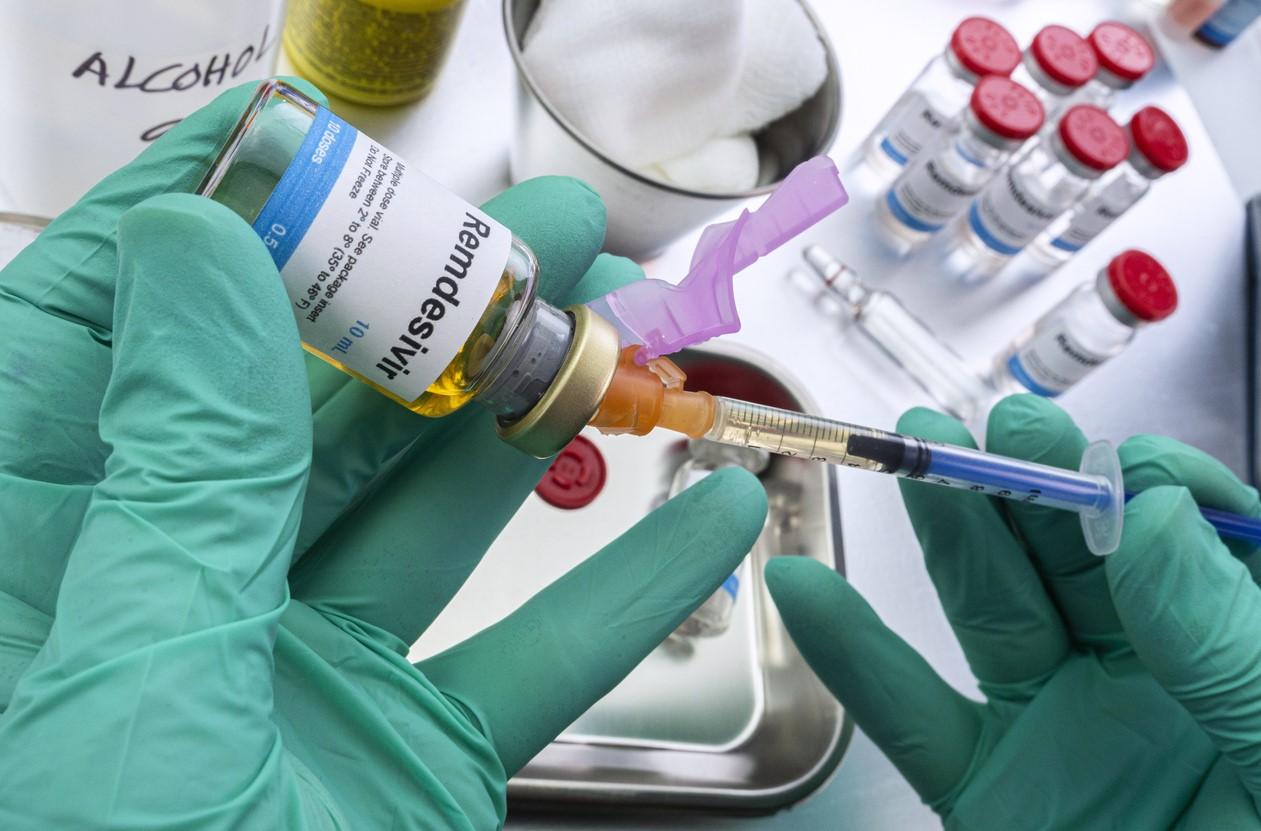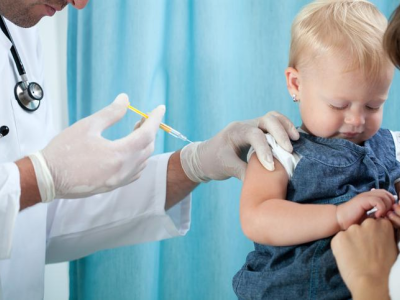The antiviral drug remdesivir (Veklury) was associated with faster clinical improvement in hospitalized COVID-19 patients in a multicenter comparative-effectiveness study published yesterday in JAMA Network Open.
The retrospective study, conducted by Johns Hopkins University researchers, involved 2,299 COVID-19 patients receiving care in a 5-hospital health system in the Baltimore and Washington, DC, area from Mar 4 to Aug 29, 2020. About 15% percent received remdesivir (342) as part of their treatment, of which 285 were matched with controls for primary statistical analysis.
Clinical improvement was defined as release from the hospital without worsening of World Health Administration (WHO) severity score during hospitalization or within 28 days after the start of remdesivir or maximum follow-up. Median time from hospitalization to treatment initiation was 1.1 days. Most patients in the remdesivir group (88.6%) were given 5 days of treatment.
5 vs 7 days to improvement
Of the 570 matched patients, 82.8% of those given remdesivir and 74.7% controls clinically improved after a median of 5 days and 7 days, respectively (adjusted hazard ratio [aHR], 1.47). Remdesivir recipients who breathed ambient air or received oxygen via nasal cannula reached clinical improvement after a median of 5 days, compared with 6 days in controls (aHR, 1.41).
Likewise, severely ill patients needing more intense respiratory support achieved clinical improvement after a median of 8 days, versus 9 days in controls (aHR, 1.59).
Rates of death by 28 days were not significantly different between the two groups in a time-to-death analysis, at 7.7% in remdesivir recipients and 14.0% among controls (aHR, 0.70). Median time to death was 8.6 days for patients receiving remdesivir and 8.2 days in controls.
A little more than half (53.8%, 184) of those who received remdesivir also received corticosteroids, while the remaining 158 were given only remdesivir. The combination of remdesivir and corticosteroids was not linked to a decreased 28-day death rate (aHR, 1.94).
Of the 33 patients who stopped remdesivir before 5 days, 9 did so because of adverse events such as increased liver enzymes or bilirubin, kidney failure of unknown cause, nausea, rapid heartbeat, nosebleeds, or itching of the neck and mouth.
Median age in the remdesivir group was 60 years, 55.3% were men, and 80.7% were of a non-White race or ethnicity. Among the matched controls, 20.7% were White, 33.3% were Black, and 34.4% were Latin American.
Effects in minority races
The researchers noted that clinical trials evaluating the efficacy of remdesivir have produced mixed results to date and haven't looked at the effect of the administration of remdesivir with other drugs or included enough Black or Latin American patients.
"Because underrepresented minority groups have shouldered a disproportionate burden during the COVID-19 pandemic but have not been widely represented in clinical trials, our results provide important evidence that receipt of remdesivir is associated with decreased time to clinical improvement in these populations," they said.
The US Food and Drug Administration approved remdesivir for treatment of hospitalized COVID-19 patients aged 12 and older on Oct 22, 2020, based largely on results from the Adaptive COVID-19 Treatment Trial, while the WHO recommended against its use, based on the results of the larger Solidarity Trial.
"Although the results of Solidarity likely indicate that remdesivir alone does not have a robust mortality benefit for patients with COVID-19, remdesivir may still have an important role to play in reducing duration and severity of illness, both important outcomes when hospitals are overwhelmed with patients having COVID-19," the researchers wrote.
The authors concluded that their findings suggest that remdesivir was tied to a substantial reduction in the time to recovery among hospitalized COVID-19 patients. "These results provide further evidence that remdesivir may be effective in reducing the duration of COVID-19 illness, that a 5-day treatment course may be sufficient, and that patients with milder disease likely benefit most," they said.
See also:
Mar 24 CIDRAP News Scan "Remdesivir linked with COVID-19 clinical improvement and safety"






















